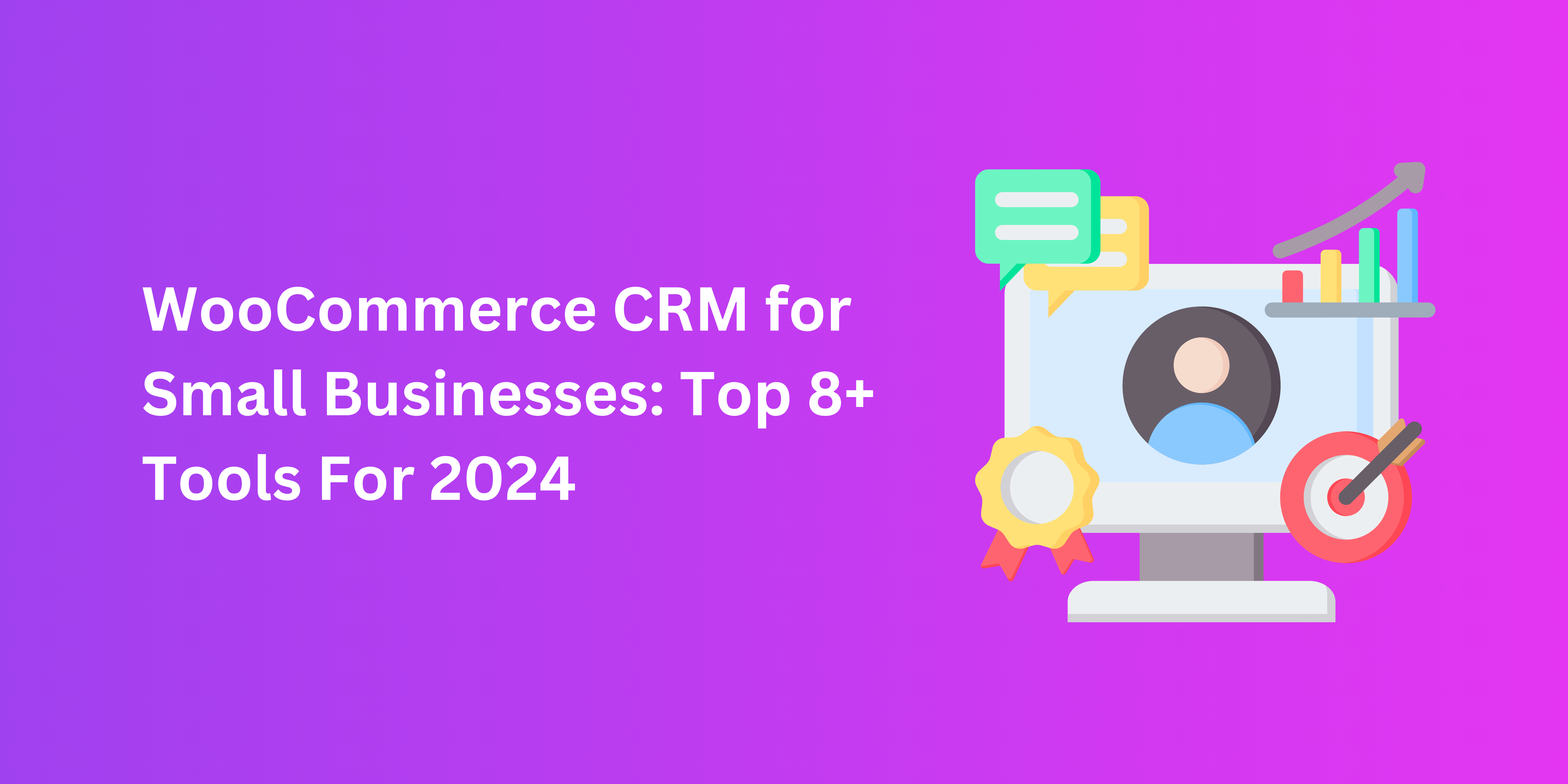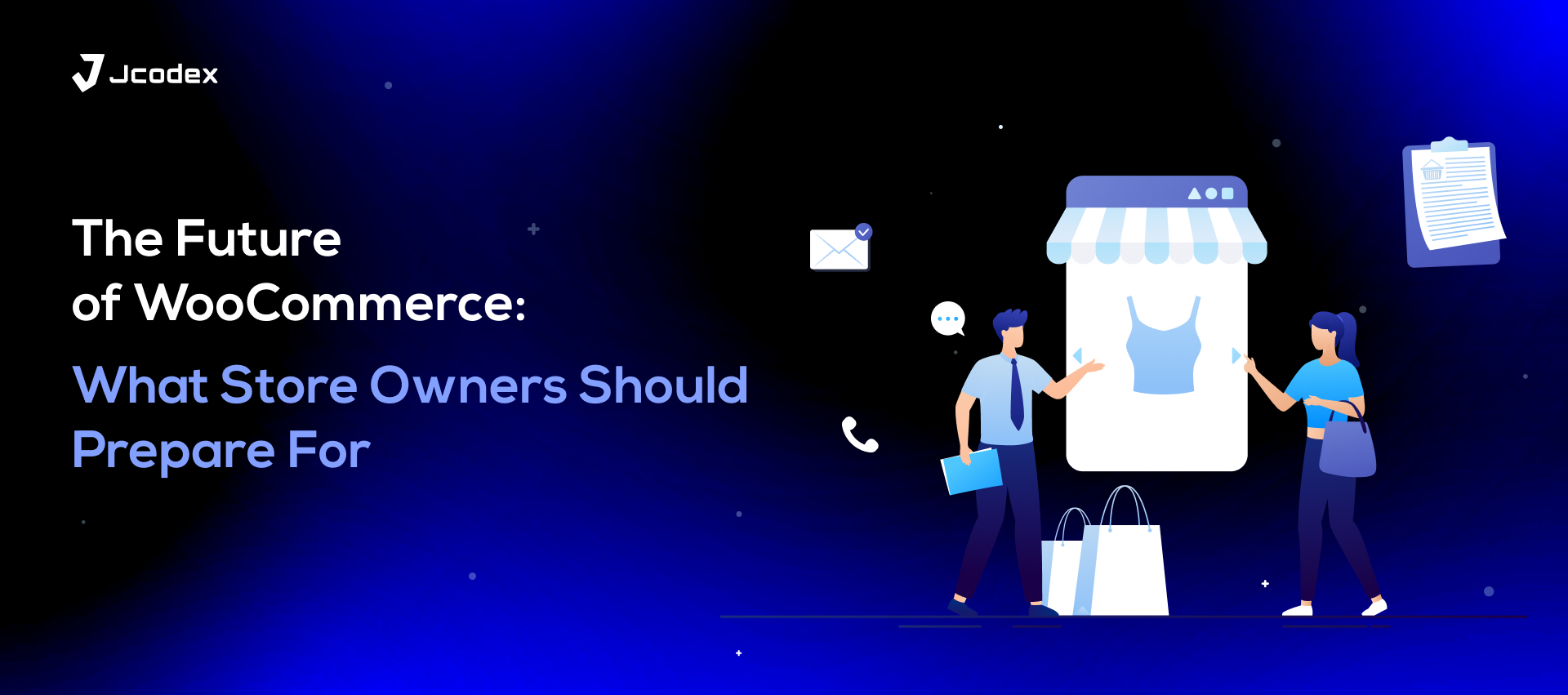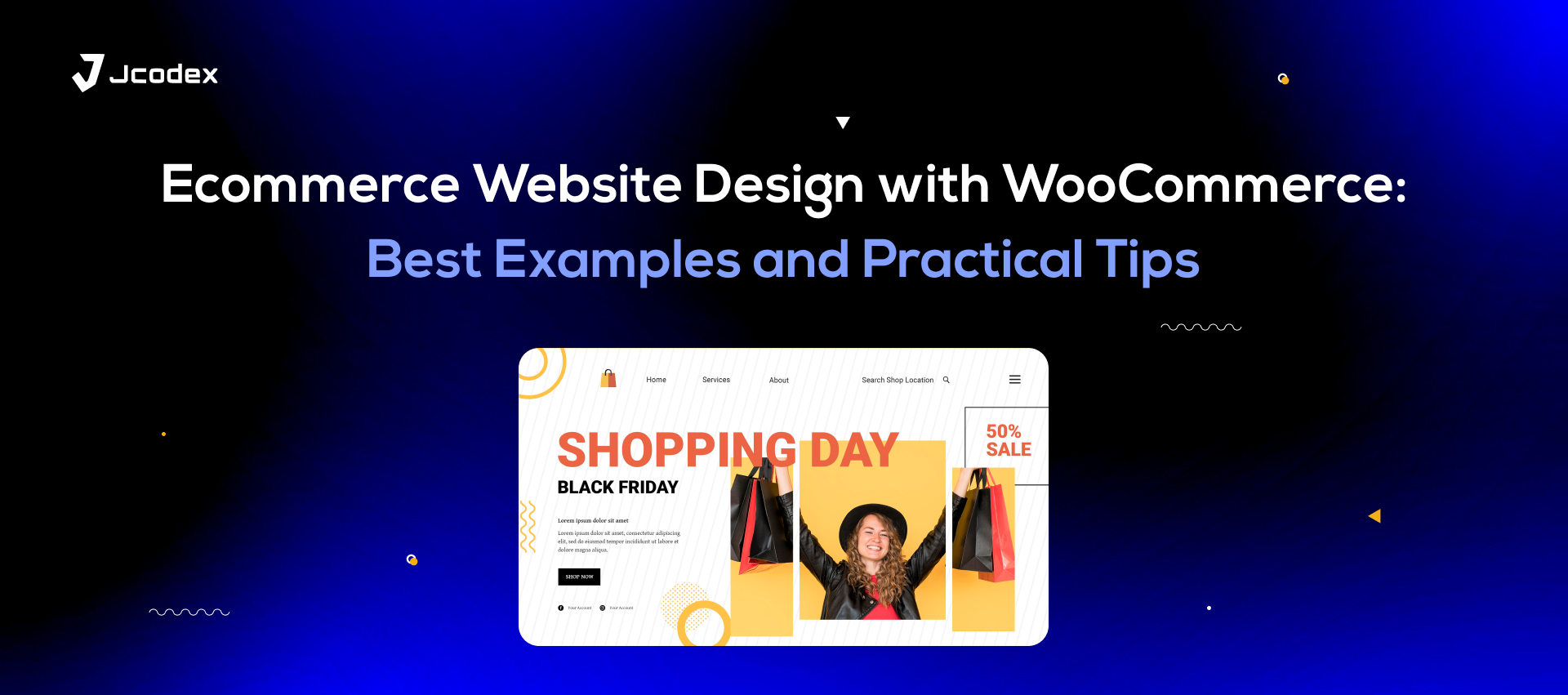Part of running a successful shop, be it physical or digital, is the rapport between the owner and his clientele. Thus, creating an online store demands a WooCommerce CRM strategy. With the explosion of internet shopping, CRM, or customer relationship management, has evolved from a central concept to a vast industry.
Luckily, sustainable CRM for small businesses can be an achievable goal. The emergence of specialized tools has helped level the playing field, even for those who are hearing about CRM for the first time. Speaking of which…
A Quick Refresher On CRM
Things like managing roles, user complaints, rewards programs, and personalization all fall under WooCommerce CRM. Effective CRM for small businesses helps strengthen the usual connection between businesses and their audiences.
This is important as, despite their benefits, online stores often fail to capture the in-person shopping experience. And that’s a big deal, given how most e-commerce conversion rates are around a tenth of what brick-and-mortar retailers enjoy.
Types Of CRM
Based on the task or goal at hand, some experts divide WooCommerce CRM strategies into three types: operational, analytical, and collaborative.
- Operational CRM focuses on the main store operations, like sales, marketing, and different in-store services. This might include implementing a helpline at checkout or overseeing automated emails.
- Analytical CRM uses data like user behaviour, store analytics, and sales records to aid in decision-making. This information becomes useful in recommending products, segmenting buyers, and predicting future sales trends.
- Collaborative CRM works by dividing specific tasks related to a common goal across departments or experts. For instance, when launching a product, product development and marketing professionals, among others, would team up for an impactful presentation.
These are the more well-known trio in the realm of WooCommerce CRM, as well as other platforms. However, many also recognize the fourth type of CRM, which is strategic CRM. This approach involves building CRM tactics with the customers’ needs on top of the list of priorities.
CRM Essentials – A Quick Guide
Setting up CRM for a small business, the best course of action is to define your goals and needs. These include
Contact Management
Tracking user contacts in the form of emails, cell numbers, and other contact delils
User Interaction Monitoring
Recording and assessing a user’s journey across your virtual storefront.
Managing Leads
Keeping an eye out for opportunities for converting buyers or landing a lucrative sale.
Email Strategies
Using email campaigns platforms to finetune marketing or communication and tracking analytics.
Task Management
Setting up and allocating tasks, schedules, and deadlines for more efficient store operations.
Reporting and Analytics
Measuring the success of your campaigns and operations by assessing user and store stats and auditing past performances.
Customization And Personalisation
Creating a unique and tailored navigation and e-commerce journey, using the data compiled through analytics and interaction tracking.
Must-Have CRM Tools For Your WooCommerce Store
The Zoho CRM system is one of the premiere e-commerce tools for entrepreneurs and smaller stores. It supports everything from lead management to automating your workflow. If you intend to grow your business, it provides many useful capabilities for free, and much more for a reasonable price tag.
Plus, it’s easy to use. Connecting WooCommerce to Zoho CRM requires no added setup and takes a few minutes. With it, you can streamline lead generation and design the perfect WooCommerce CRM ecosystem.
Jetpack provides a straightforward CRM for small businesses that gives you full control of how your store interacts with customers. Highlights include sublime client management, transaction tracking, and a built-in lead generation tool.
Ninjodo allows stores to scale their CRM strategies per their changing needs. You can use it to automate your email marketing, adjust your workflow, and revamp your upselling game. So, you can regain lost customers, win over new ones, and boost average cart orders. As a WooCommerce CRM solution, Ninjodo also supports webinars and Slack privileges. What’s not to like?
As a one-stop shop for running a conscious and dynamic business, Salesforce is certainly one of the more notable names in the business. While the pricing is on the higher end for enabling CRM for small businesses, you certainly get your money’s worth.
If the theme of your e-commerce goals is productivity, this tool very much delivers with both hands. It provides robust contact management, and user data services, and even offers training resources.
The marketing side of CRM can be a tireless, often tedious process. So, why not automate your campaigns and subscription offerings through FluentCRM? You can save yourself the effort while adding some much-needed efficiency to your operation.
Plus, FluentCRM offers much more as a WooCommerce CRM juggernaut, like centralized customer management, segmentation, automated imports, and analytics.
HubSpot is another recognizable name in effective and robust CRM for small businesses. Its WooCommerce integration capabilities are just one of several benefits for businesses aiming to align marketing and sales efforts.
This plugin provides several useful and innovative avenues for building leads. From newsletter campaigns to versatile forms and live chat, it opens many doors for high-converting interactions.
Agile CRM for WooCommerce offers a virtual toolbox for taking your conversion tactics to the next level. It combines customer tracking and campaign development as the flagship ingredients for potent and laser-guided CRM for small businesses.
Its basic tools include contact management, mobile-friendly WooCommerce CRM, and a virtual documentation and calendar service. It provides a platform for collaboration through e-mail and joint chat, along with dozens of marketing resources and productivity solutions.
ReadyCloud is a workflow powerhouse suited for businesses that are looking to boost efficiency. Need to effectively segment your audience? Looking for a pioneering shipping solution that needs no third-party maintenance? These are just a few perks of this tool.
This easy-to-use WooCommerce CRM tool offers a range of critical solutions that many small businesses wouldn’t otherwise enjoy. You can create customer profiles for more targeted interactions, set up events and tasks, and experiment with different marketing models. It’s a holistic game-changer like no other.
Odoo comes through with a modular approach to WooCommerce CRM, enabling businesses to enjoy a more integrated approach to contact management and analytics. It provides state-of-the-art monitoring tools, order management, and enabling personalization through customer data, resulting in more conversions.
Conclusion
CRM for small businesses is easier and more necessary than ever. To make the most of it, you must understand your needs and choose tools that can help you set achievable goals. So, make the most of these CRM solutions and grow your online store for the long haul.



